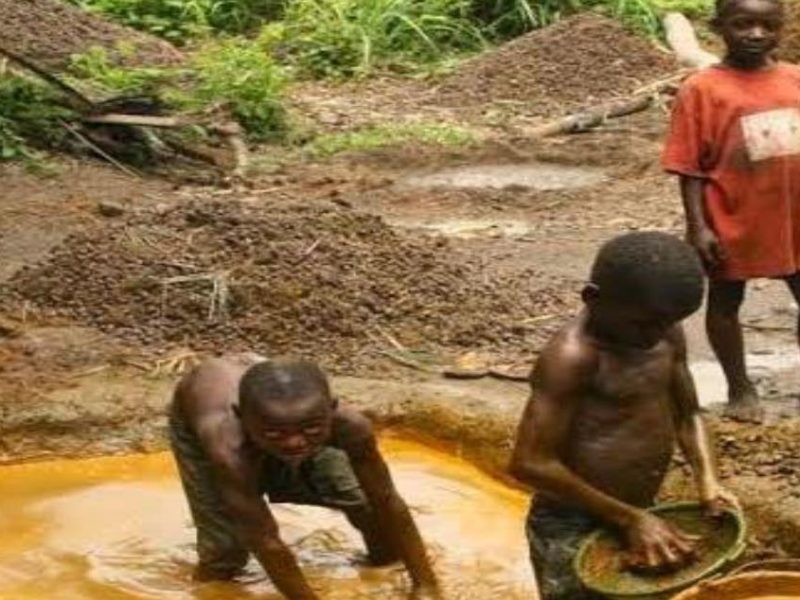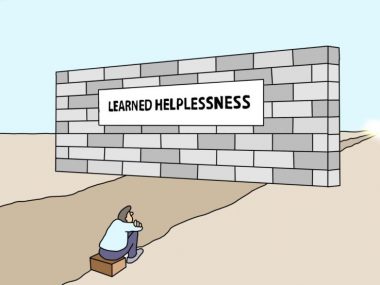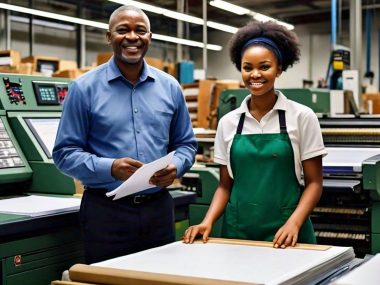There was the story of a company selling shoes that dispatched two sales people to survey how much sales can be made in a country where they don’t wear shoes. The first sales man made a call saying stop all the processes we can’t sell here because they don’t wear shoes at all! Of course they don’t wear shoes was why we sent you there… The second sales man called in a few days later saying they don’t wear shoes, we have plenty opportunities to sell more, please hasten the process so we can be the first to get here. Your Perspective is important in selling prints in this new world. What do you see? Is it a room half-filled or a room half empty? Today’s write up is to help us understand that nothing is wrong with you increasing prices when your process is structured to add value, let’s go…
Offset commercial printing tends towards process colors, unlike textile screen printing which cannot do without spot colors. Offset printing seemingly looks more expensive to set up unlike its counterpart textile screen printing that can be set up with mere tables, and rickety screens, this printing method tends to also be very forgiving…
A lot of runaway printers found an aboard in screen printing. The standard dropped and customers accepted many inconsistencies that will never be acceptable in offset printing.
Many years back we took huge interest in screen printing. Determined to restore standard quality prints. To do this requires correcting many inconsistencies, we thought to find woods for making “mesh” that won’t be damaged by water (the process of reclaiming the screens require washing under water with high pressure), since majority won’t buy the idea of using aluminum screens. Yet a well tensioned screen is important to the process of achieving quality prints. The wood here is damaged by water and those used abroad are not. Off I did jet off to Lyon in the hope of getting some questions answered.
“I will like to buy your finished wooden mesh but they cost a fortune”, I said to this French man, “what can we work out?” Then he started laughing, “we got the woods from Africa and treated them to be water resistant and if they will go back to Africa of course they will cost a fortune”.
I got into the taxi and on way back to my hotel thinking we must find a way out, our option is to research how to treat the wood locally, my mind wandering how I will contact friends in forestry and in the academia, as they are born to research… We must be able to find a solution…
Then it dawned on me, the Belgians took cocoa from Africa and sell us Belgium chocolates in return at a far more expensive rate. Even locally the fruit juice industry will take mangoes to give us packed mango juice (processed) which of course is more expensive.
I remember the words of my billionaire mentor that says “once you process any raw material you would have added value to it and it will come out more expensive”. He says “crude is crude, crude is lazy and crude is unattractive”. Talking about crude oil for example when processed it produces so many products like Premium motor spirit (PMS) also popularly called petrol, diesel, aviation fuel, kerosene and even bitumen which is a byproduct useful in road construction, all this offers more value than the crude oil itself only because it went through the process of refining.
Billionaire mentor says “it’s the same in my print shop, the moment I add a tight process then I will become more expensive meanwhile, the clients become better for the value they get”.
I know of digital printers who have deployed an e-commerce site to generate daily sales, and also added delivery logistics to their process, they have automatically become more expensive, but in exchange for this cost is efficient ordering and delivery process without the client leaving the comfort of their own space.
Another scenario is that of an equipment manufacturers representative, apart from profiling customers to ensure they buy equipment that will deliver what it promises, goes a step further to invest in having many factory trained engineers to handle installation and operator training, offer full warranty (parts and labour) and offer after sales support, this process could make their services more expensive but this is in exchange for a professionally done installation (not one of trial and error), near zero down time will be the benefit and the print shop owner (Client) can focus on making sure they get enough business to keep their equipment busy while someone else trained to sort out maintenance and repair is on standby to step in every now and then.
A friend of mine in the east deployed technology, installing a customer relation management (CRM) software and from when the customer books the order till when he finally gets the job, he get a text message on every step of the printing process;
“Dear Customer, your job with reference xq123 has been assigned to Emeka for plate outputting, it is the no. 4 job on his queue with a lead time of approximately 2 hours. We will contact you once the job is on the way out of prepress. Thank you once again for your business”
Client feels a part of the process, Emeka has a commitment to deliver in 2 hours and the end result is better efficiency, keeping a log and a customer-centric environment. These as expected must be exchanged for some premium.
My last example is that of a label media converter, who makes precut labels from big master rolls. The precut labels are sold to small label printers and those who require their own in-house labels, they remove the high cost of storing large quantities and the exchange for that is a 200% increase in price for those small quantities all because they added value through processing the raw material.
Folks, without sounding like a scratched tape we need to upgrade our level of creativity, rebirth the process, add tremendous value and this will come at a cost. So the next time you hear the phrase “when life gives you lime, make lemonade”, they are simply reminding you of the parable of process.
Thank you.




